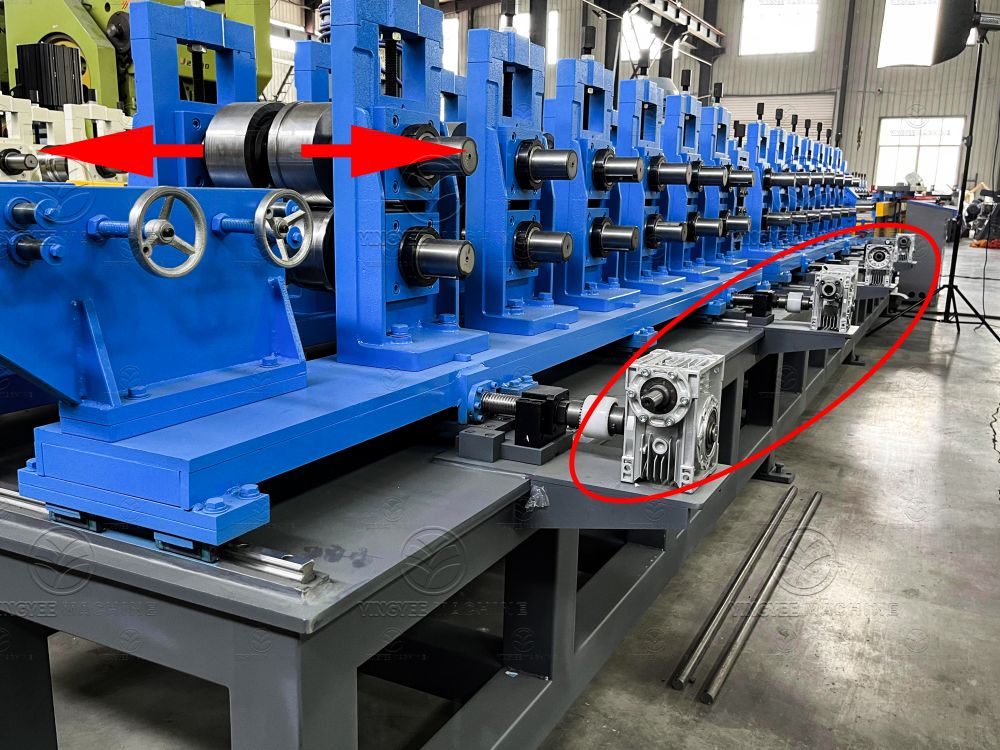
The Evolution and Importance of Drywall Making Machines
In the construction industry, the production of drywall has revolutionized the way buildings are constructed and finished. Drywall, also known as gypsum board or plasterboard, is a lightweight board made of calcium sulfate dihydrate, which is sandwiched between two sheets of heavy paper. The process of making drywall has evolved over the years, leading to the development of specialized machines that streamline production, improve efficiency, and enhance quality. This article explores the importance and functionalities of drywall making machines in modern construction.
The traditional method of building walls involved labor-intensive processes, including the application of plaster or mud, which required significant time and skill. However, the advent of drywall changed this paradigm. Drywall provides a smooth, durable surface that can be painted or finished quickly. The shift from plaster to drywall not only speeds up construction times but also reduces labor costs significantly. This shift underscored the necessity for efficient drywall production, leading to the introduction of automated drywall making machines.
Modern drywall making machines are designed to automate various stages of the production process. These machines can efficiently produce large quantities of drywall with consistent quality and precision. The main components of drywall making machines include raw material handling systems, mixing units, forming machines, drying ovens, and cutting stations. Each of these components plays a crucial role in ensuring that the final product meets industry standards for strength, fire resistance, and appearance.

One of the most significant benefits of drywall making machines is their ability to produce drywall quickly and efficiently. With advanced technology and automation, these machines can operate continuously, significantly increasing output while minimizing manual labor. For example, a fully automated drywall production line can produce thousands of square feet of drywall each day, catering to the high demand in the construction sector. This capability is particularly essential in large-scale construction projects, where time is of the essence.
Furthermore, drywall making machines are designed to enhance the quality of the final product. By controlling various factors such as material mixing ratios, temperature, and humidity during the production process, manufacturers can ensure that the drywall produced meets strict quality standards. This consistency not only leads to better performance in terms of durability and safety but also reduces the incidence of defects or waste, which can be costly in construction projects.
Energy efficiency and environmental considerations are also important aspects of modern drywall production. Many drywall making machines are now equipped with energy-saving technologies that reduce power consumption during the production process. Additionally, manufacturers are increasingly focused on sustainability, incorporating recycled materials into the production of drywall. This shift not only reduces waste but also minimizes the environmental impact of construction activities.
In conclusion, drywall making machines represent a crucial advancement in the construction industry, enabling manufacturers to produce high-quality drywall efficiently and sustainably. As construction projects continue to grow in complexity and scale, the demand for reliable and fast production methods will only increase. With continuous innovations in technology, it is expected that the drywall manufacturing process will become even more efficient, paving the way for sustainable construction practices in the years to come. The evolution of these machines epitomizes the intersection of technology and craftsmanship, transforming how we approach building and design in our modern world.